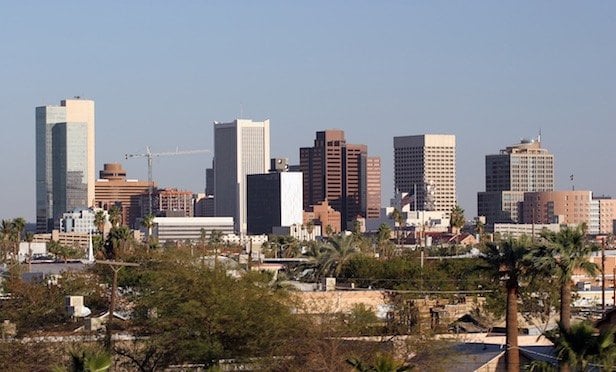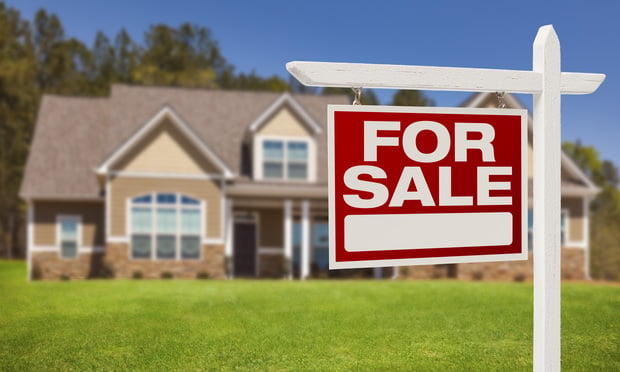 Tesla has transformed a class-B office building into an auto repair shop in Scottsdale. The property had rare zoning allowing for the conversion in an area with limited auto shop product. Initially a value-add office deal before Tesla showed interest, the asset traded hands between the value-add investor and a private buyer.
Tesla has transformed a class-B office building into an auto repair shop in Scottsdale. The property had rare zoning allowing for the conversion in an area with limited auto shop product. Initially a value-add office deal before Tesla showed interest, the asset traded hands between the value-add investor and a private buyer.
"This was a class-B office building that was transformed into an auto-repair facility for Tesla, which will support all of Northern Phoenix," Michael Kitlica of Cushman & Wakefield, tells GlobeSt.com. Kitlica represented the seller in the deal along with Chuck Klein, Eric Wichterman and Michael Coover. The property traded hands for nearly $14 million.
The asset was a perfect opportunity for Tesla to create the site they needed. "Tesla had a very difficult site selection process. First, there is a severe lack of product for automotive facilities to suit them," Kitlica says. "In addition, they needed very specific zoning to repair vehicles. When you meld those two together, there were virtually no options available in Scottsdale. The selected this building at the end of the day because of the zoning, and we had to figure out how to convert a repair facility into an auto-repair facility."
The unique C-4 zoning created more opportunities for both Tesla as well as for the value-add investor. "They loved the fact that it was C-4 zoned. There are very few parcels in Scottsdale that are non-dealership pieces of land that are zoned C-4. It was one of the last pieces of land that still had good value," says Kitlica. "We were planning to lease it to a back-office tenant, but it was very intriguing given the financial clout that they had."
Following the repositioning of the asset, the owner decided to sell, in accord with their standard business strategy. "The seller is a value-add investor, and they buy properties with greater risk and greater reward," says Kitlica. "Once the property became a more traditional leased asset, they wanted to redeploy the capital into other more value-add investments, versus a passive investment."
The seller was a local private investor, but many of the investors were California capital and 1031 exchange buyers. Tesla's popularity also drove investment demand. "Everyone with a sincere interest in the property like the project because of Tesla and they liked the company," says Kitlica. "The buyers were mainly were 1031 buyers out of California, looking to vacate the California market."
© 2025 ALM Global, LLC, All Rights Reserved. Request academic re-use from www.copyright.com. All other uses, submit a request to [email protected]. For more information visit Asset & Logo Licensing.







